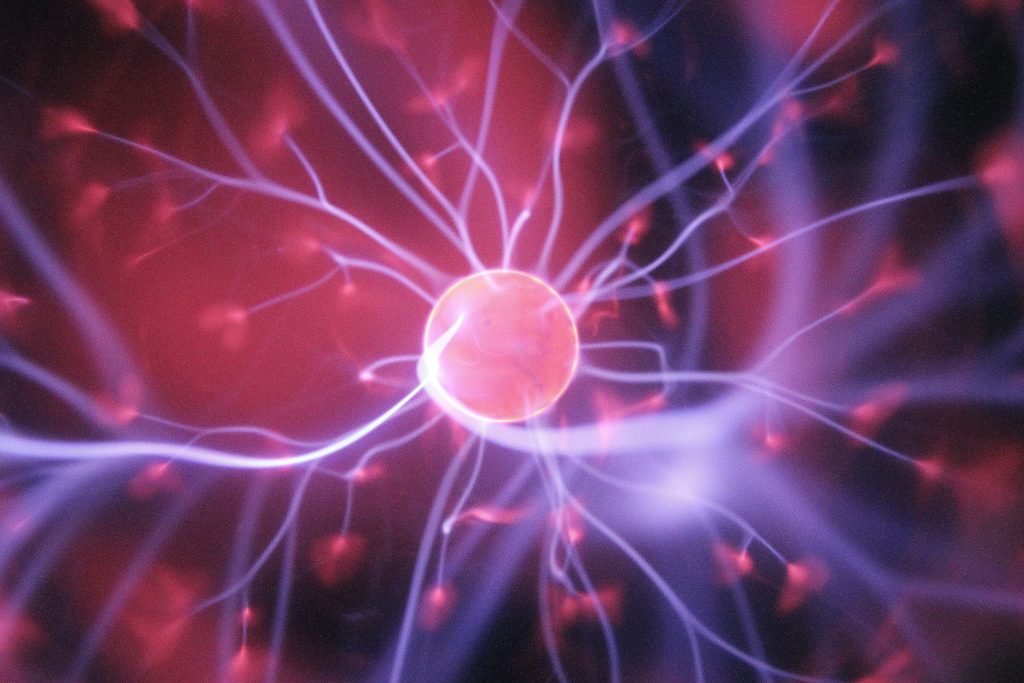
Former governor (and Martin Center namesake and board member) Jim Martin recently called for meeting North Carolina’s decarbonization goals and reliable electricity needs by deploying a nuclear-energy technology known as Small Modular Reactors (SMRs). Our state needs to be sure that its higher-education resources are well-positioned to meet the personnel needs of this emerging industry.
Already, many of North Carolina’s leaders have embraced the reality that nuclear energy will have to be part of any decarbonization solution. North Carolina senator Thom Tillis recently boasted in an email that “North Carolina’s public colleges and universities have been at the forefront of nuclear research and workforce development for decades.” Furthermore, the senator declared, “our state will play a crucial role in training the next generation of nuclear engineers and operators.”
Dr. Kostadin Ivanov, head of NC State’s Department of Nuclear Engineering, told me that “nuclear engineering programs and departments in U.S. universities … have been building capacities to provide the workforce needed to support the growth in the nuclear industry.” Doing this work has required “hiring new faculty, enhancing experimental and computational facilities, modernizing undergraduate and graduate curriculum, and strengthening the cooperation with national laboratories and industry.”
We need to increase awareness of the nuclear industry within the UNC System. Yet, despite these positive signs, we still need to increase awareness of the nuclear industry within the UNC System’s civil, computer, electrical, industrial, materials, and mechanical engineering departments. Graduates from all of these engineering disciplines are needed to design, build, and maintain SMRs.
Furthermore, SMRs are needed not only in N.C. but in neighboring states such as South Carolina, Tennessee, and Virginia. As Lukas Brun, director of research at the energy trade association E4 Carolinas, recently told me, “Skilled trades and qualified construction personnel will be essential to ensuring that nuclear plants are built both on-time and on-budget.”
The American Nuclear Society is increasingly focused on the education and training needed to build out the number of SMRs, not just in North Carolina but across the United States. Past-president Steve Nesbit wants to draw attention specifically to how higher education can help. “The nation has numerous outstanding nuclear engineering programs such as the one at NC State University in Raleigh,” Nesbit said. “To be honest, I’m less concerned about engineers and scientists than I am about the availability of skilled craft labor like welders, electricians, and radiation-protection technicians to support the essential expansion of clean, secure nuclear energy in the United States.”
South Carolina, Tennessee, and Virginia are already investing at the state level to ensure that their higher-education systems are ready to support the growth of the nuclear power industry. To be sure, North Carolina has a strong higher-education position in this space right now. But more work at the state level is needed to focus on the unique engineering disciplines and trade skills required by the nuclear power industry.
Steve Rea is an independent advocate for the North Carolina nuclear industry. Previously, he was a senior vice president at Heyward Incorporated.
